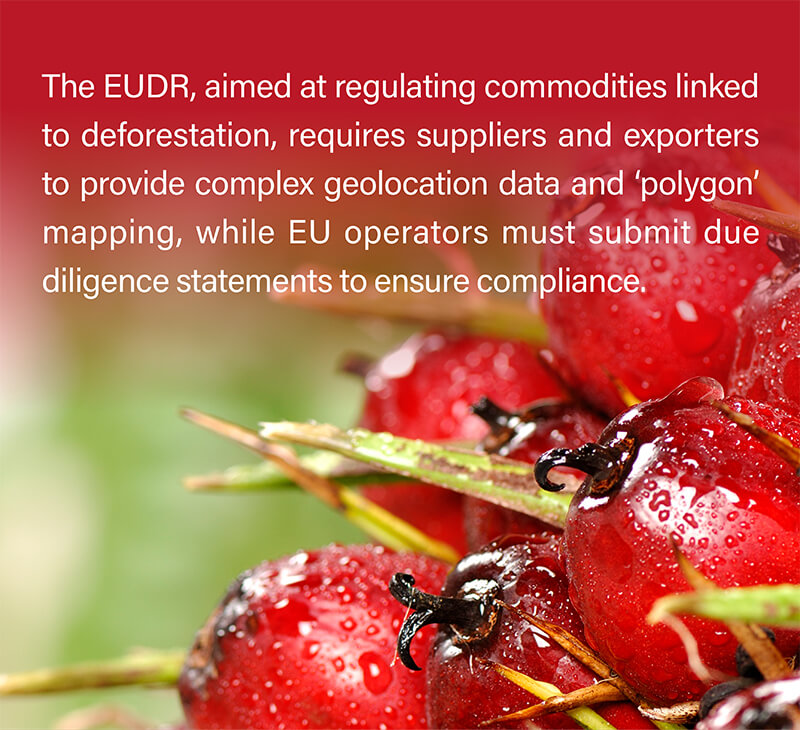MPOC Acknowledges EUDR Delay Amid Challenges
Malaysia is ready to supply EUDR-compliant, sustainable, traceable palm oil to the European business sector, however, the decision to delay implementation will further ensure adequate time for global supply chains to recalibrate.

The Malaysian Palm Oil Council (MPOC) has commended the European Commission’s proposal to delay the implementation of the EU Deforestation Regulation (EUDR) until 30th December 2025.
MPOC’s Chief Executive Officer, Belvinder Sron, described the postponement as a much-needed step, providing relief for businesses requiring additional time to comply with the EUDR’s complex regulatory demands.

The decision to delay its implementation allows global supply chains to adjust to the technical and administrative requirements of the EUDR without risking trade disruptions, particularly for smallholder farmers. Malaysia has been a vocal advocate for this postponement, consistently warning that the original 2024 deadline was unfeasible, given the readiness of EU systems. This position was supported by a broad coalition of governments, industries, and experts worldwide, all concerned about the potential negative impact on smaller producers and the palm oil industry.

According to Belvinder, the additional time should be used to address key concerns, including a genuine exemption for smallholders to prevent their exclusion from international supply chains, the creation of transparent benchmarking criteria to categorise sustainably produced commodities like Malaysian palm oil as ‘low-risk,’ and the acceptance of MSPO certification as a recognised compliance tool for the EUDR. These improvements, she said, would facilitate market access for Malaysia’s zero-deforestation palm oil.
The EUDR, aimed at regulating commodities linked to deforestation, requires suppliers and exporters to provide complex geolocation data and ‘polygon’ mapping, while EU operators must submit due diligence statements to ensure compliance. The administrative burden imposed by the regulation is significant, particularly for small farmers, who may struggle to meet these new requirements. Industry estimates suggest compliance could cost the palm oil sector USD 650 million annually, with USD 260 million falling directly on smallholders.
Malaysia’s MSPO standard guarantees compliance with zero deforestation and sustainability goals while supporting smallholder farmers. Recognising MSPO certification within the EUDR framework would allow the EU to achieve its environmental objectives without burdening producers.

The MPOC remains committed to continuing its collaboration with the EU and other global stakeholders to ensure that the eventual implementation of EUDR is both fair and practical, recognises Malaysia’s sustainable palm oil practices, and supports trade.




